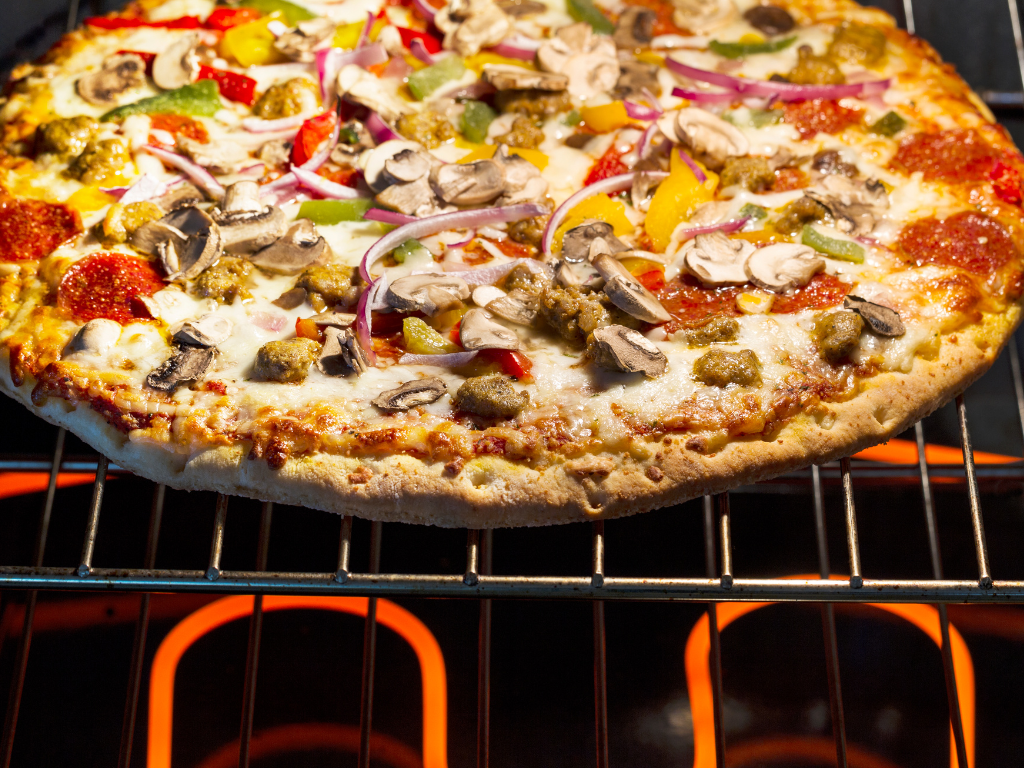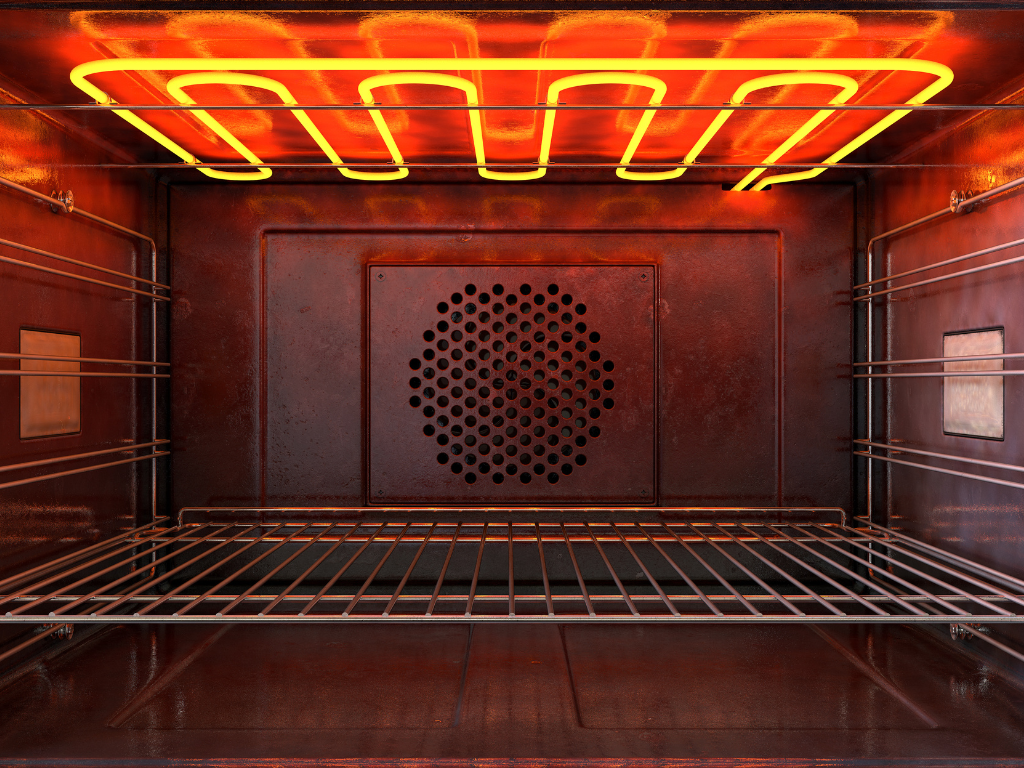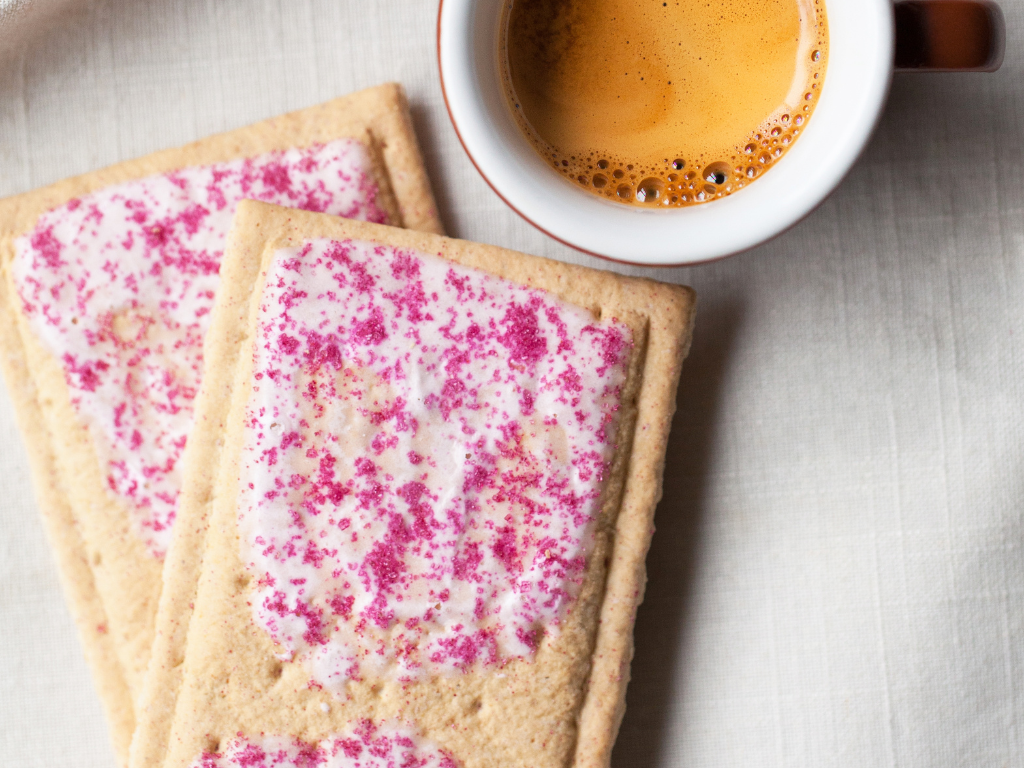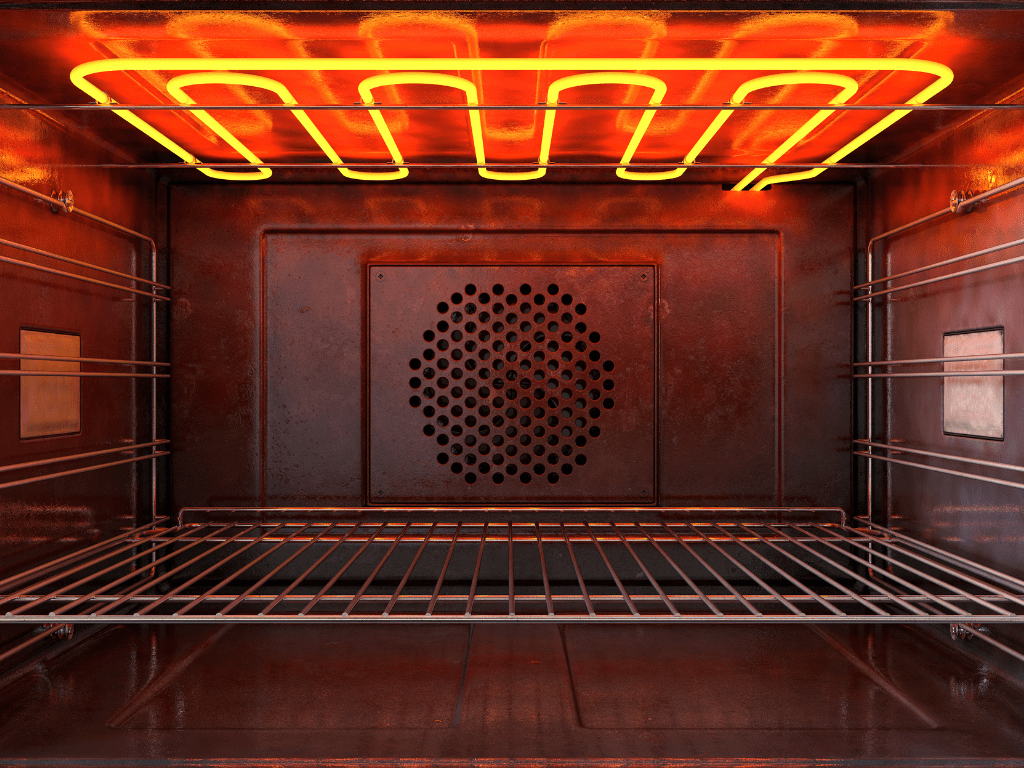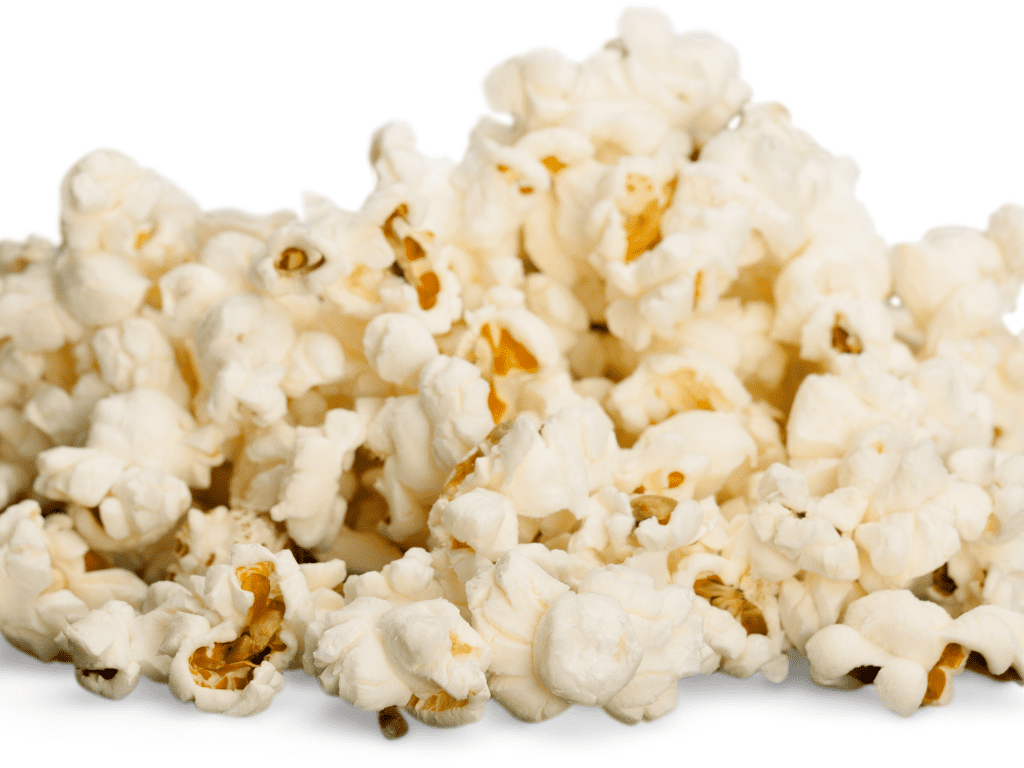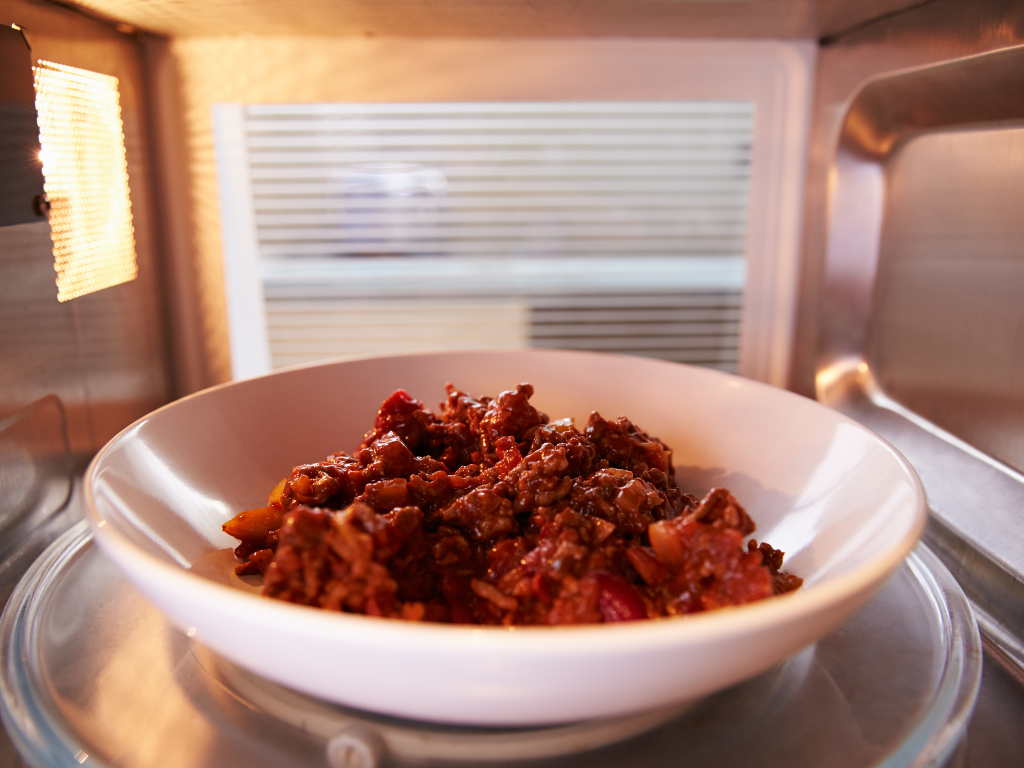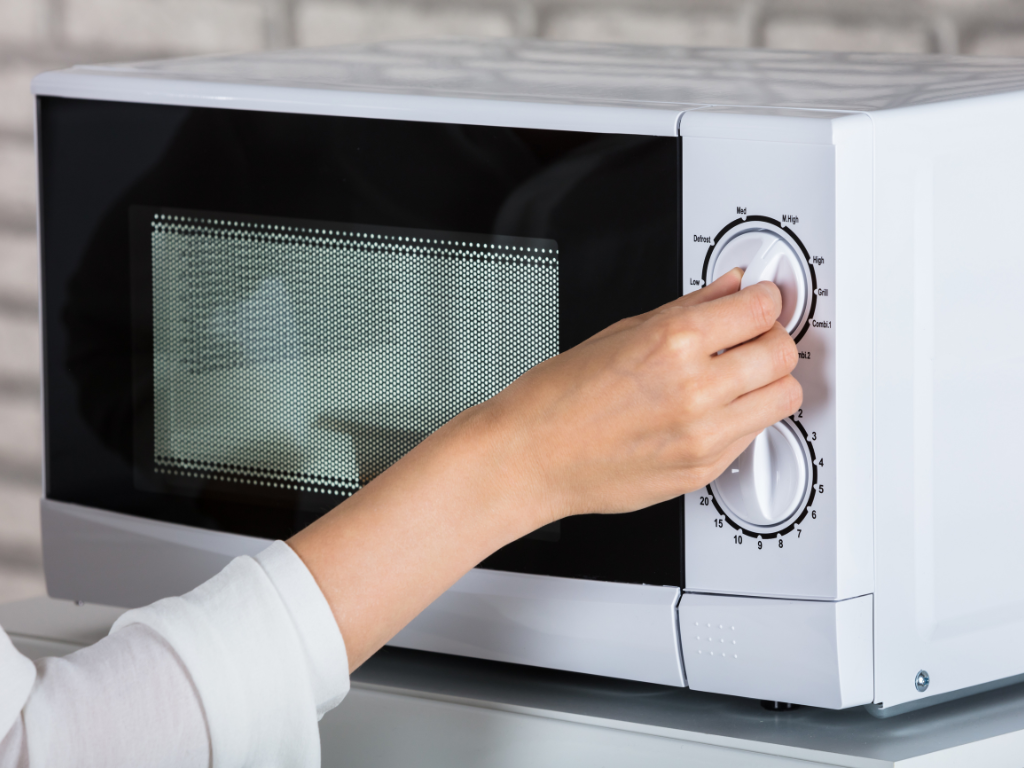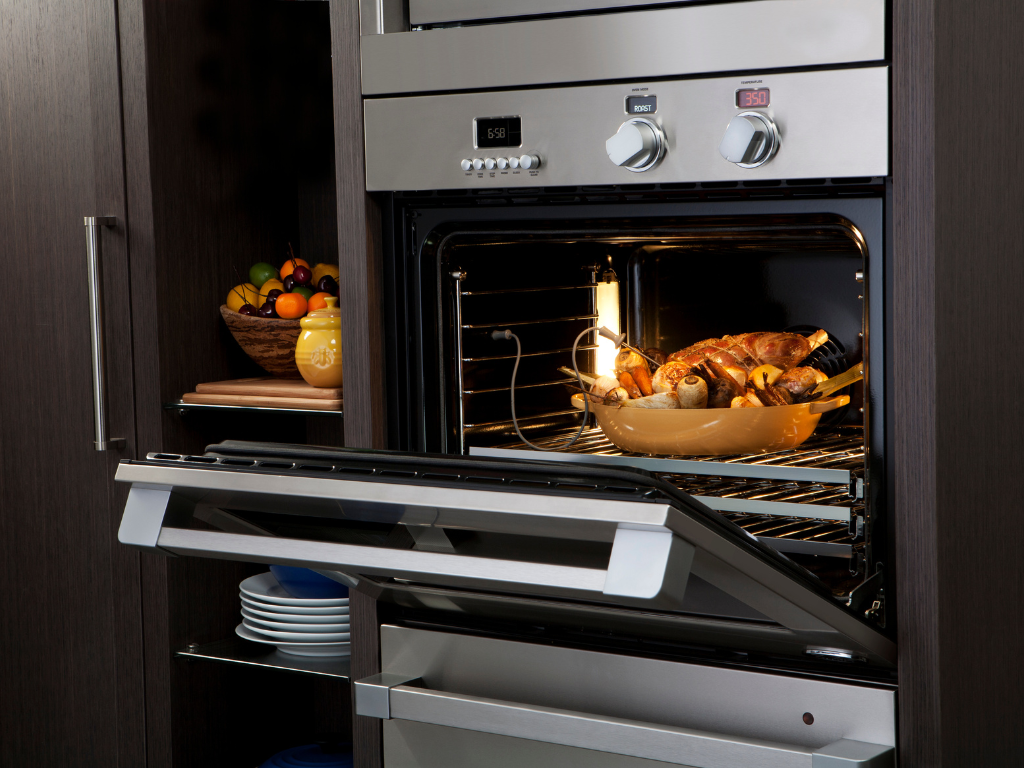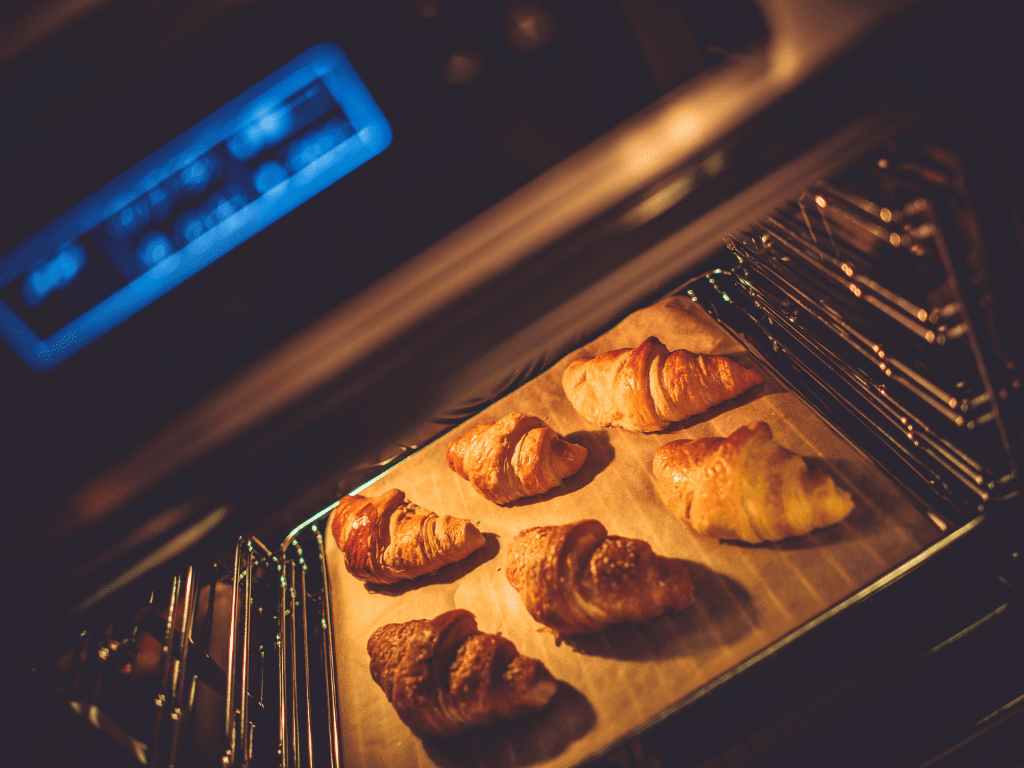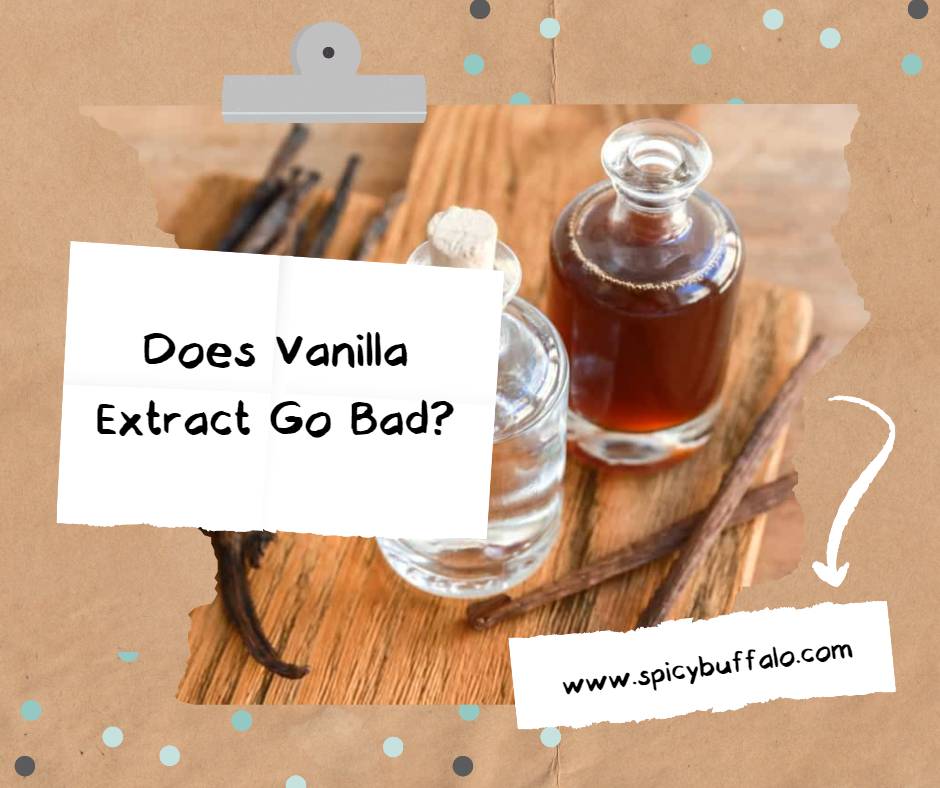
You’re getting ready for your next big baking project and are making sure you have all the ingredients on hand. In the cupboard, you find a half-opened bottle of vanilla extract sitting there for who-knows-how-long. The question that pops up immediately is: does vanilla extract go bad?
Fortunately, both pure and artificial vanilla extracts last a long time, so most likely the extract you have is perfectly fine.
If you would like to learn a bit about storage, shelf life, and differences between pure vanilla extract and the imitation, read on.
How To Store Vanilla Extract
The way you store vanilla extract is the same for both pure extract and the imitation.
You should keep it in a cool and dark place (light can affect it), away from sources of heat. The pantry or a kitchen cupboard away from the oven are the best options.
WARNING
Do not refrigerate or freeze the extract as low temperatures might damage it.
If you’ve bought the extract in a plastic bottle, feel free to decant it into a glass bottle or jar if you will. As usual when it comes to liquids, make sure the extract is sealed tightly when not in use.
How Long Does Vanilla Extract Last
Shelf life is where the difference between pure vanilla extract and the imitation is quite pronounced.
Let’s start with pure vanilla extract. It’s easy to distinguish it from the imitation, as it has the word “pure” on the label and the imitation doesn’t. Also, the pure extract is much more expensive than the imitation.
Pure vanilla extract has an indefinite shelf life and doesn’t really go bad. Please note that the extract has an alcohol base, and alcohol tends to very slowly evaporate after the first opening of the bottle. That means that after a few years you might notice that the flavor of the extract is slightly more intense.
In short, if you bought a bottle of McCormick or Nielsen Massey (or any other reputable brand for that matter) pure vanilla extract a year ago or 10 years ago, it should be perfectly fine now.
Now to the imitation vanilla extract. Besides the fact that it has less flavor than the real deal, it doesn’t keep that well. If stored properly, it shouldn’t go bad, but its quality will degrade over time. Check out the best-by date on the label, which indicates for how long the quality should remain best.
You can easily add a few months or a year to that period, but you should remember that the longer you store it, the worse its taste will be.
How To Tell If Vanilla Extract Is Bad
As I’ve mentioned earlier, if you always keep the bottle of vanilla extract sealed tightly, it shouldn’t go bad. That’s true for both the pure extract and the imitation.
However, if you ever notice that there’s something wrong with the extract, like the smell is off or there is some growth on the inside of the cap, throw it away. Again, it’s unlikely to happen, but it’s always good to quickly check the extract before using. Especially if you haven’t used in a long time.
When it comes to the imitation, after a few years of storage its quality will degrade. That means that at a certain point the flavor won’t quite be there. When that happens, it’s time to throw the extract away and buy or open a new bottle.
Vanilla Extract FAQ
What’s the difference between pure vanilla extract and the imitation?
The most important difference between pure vanilla extract and the imitation is the way the extract is produced. Pure vanilla extract is made with vanilla beans. It’s brown in color and that color comes from essential oils.
TIP
If you have vanilla beans on hand and some vodka, you can easily make your own pure vanilla extract.
The primary flavor compound in the extract is vanillin, but the pure extract contains hundreds of other flavor compounds that make the pure extract so rich in taste.
The imitation vanilla extract contains only the most critical flavor compound: vanillin. And that vanillin isn’t the one that naturally occurs in the bean, but it’s a synthetic substance made in a lab. Because it only contains one of the compounds, the taste doesn’t come close to the flavor of the “real deal.”
Of course, there are reasons why the imitation was created, and the most important one is the price. Vanilla beans are very expensive, so is the pure extract. Synthetic vanilla is much cheaper and offers a good-enough taste. Because of that, most people buy the less expensive one because it still does its job pretty well in cakes, cookies, and frostings.
If you’d like to read more about differences between the pure extract and the imitation, check out this article.
How Long Does Vanilla Last?
Did you know that vanilla is one of the most expensive spices in the world? It’s the second best selling spice in the US, with an annual consumption of 11-12 million pounds.
Vanilla is native to Mexico, where it was used by Mayans as a ritual spice. Starting in 1519, vanilla was brought back to Europe by Spanish conquistadors. The conquistadors found its uses quite limited, however, as they only tried to make alcoholic beverages with it.
After that, vanilla seeds were sent back to Spain and eventually became available to English colonists. The English were the ones who started producing vanilla in the Americas and that’s when it began its path into mainstream American diets.
TIP
Vanilla was named after the Latin word “vainilla,” which means “little pod.” The original term was vaina and vanilla was a diminutive of that. Vanilla beans are still called “vanillas” in French, Italian, etc. British English uses the term ‘vanilla pod.’ The name of the vanilla-flavored liqueur is also called “vanilla vodka” in some parts of Europe.
What’s the Shelf Life of Vanilla Extract?
The shelf life of vanilla extract depends on the quality of a specific brand or type. You can use the McCormick® brand for 10 years and it will still be good to use. Purveyors like Nielsen-Massey® sell a top-shelf extract that you can use for years and still enjoy a rich, full flavor.
Because it’s so pure, the alcohol in pure vanilla extract has a tendency to evaporate over time. That will not happen if you keep your container sealed tightly, however, so it will keep indefinitely. If there is any spillage or leakage inside the container, toss it out and replace with fresh stuff.
How To Store Vanilla Extract?
Vanilla extract is best stored in a cool, dark place. It’s not one of those things that you have to keep refrigerated, so if you have a cool cupboard or pantry, use that.
I always keep the bottle sealed tightly and I think that’s a good practice. If the seal isn’t perfect, it will spill into the bottle cap and make it sticky and thicker (the vanilla will evaporate faster), so try to be as careful as possible when handling this product.
Can Drink Vanilla Extract Hurt You?
It’s unlikely that drinking pure vanilla extract will hurt you, but it’s possible. Your body can take in the alcohol and quinine, which are two of the “ingredients” in pure vanilla extract.
In extremely small doses, both substances can be toxic to humans, so if you drank too much vanilla extract or if you had an allergic reaction to it, get medical attention immediately.
How To Use Vanilla Extract?
If you have a bottle of McCormick® pure vanilla extract from the grocery store shelf (or online), then there is no reason to add flavorings or anything else. Just use it straight up and enjoy its rich flavor in cakes, cookies and frostings.
However, if you’d like to flavor your vanilla extract, here are some ideas to try.
If you don’t have vanilla beans available and want a stronger vanilla taste, use more extract than the recipes call for. If you make your own pure vanilla extract at home, you can pour a little bit of the second batch into the bottle of regular extract. If you have any leftover vanilla sugar from making sugar cookies , add one teaspoonful of it into your vanilla extract. Make sure that there are no chunks left in the sugar jar and that it is completely dissolved before adding to the bottle.
Vanilla extract is an ingredient that is expensive and only useful in a few recipes. Sometimes you will see it on the baking aisle of your grocery store, but its shelf life is very short and you should buy it only if you have a back-up bottle at home.
If you don’t have any vanilla extract already, then go to the supermarket and get some McCormick® pure vanilla extract (check for expiration date first).
How To Make Vanilla Extract How To Make Vanilla Extract Vanilla was one of the most expensive spices in the world when it was first brought to Europe by Spanish conquistadors. It then became famous in the US when colonists discovered its uses.

